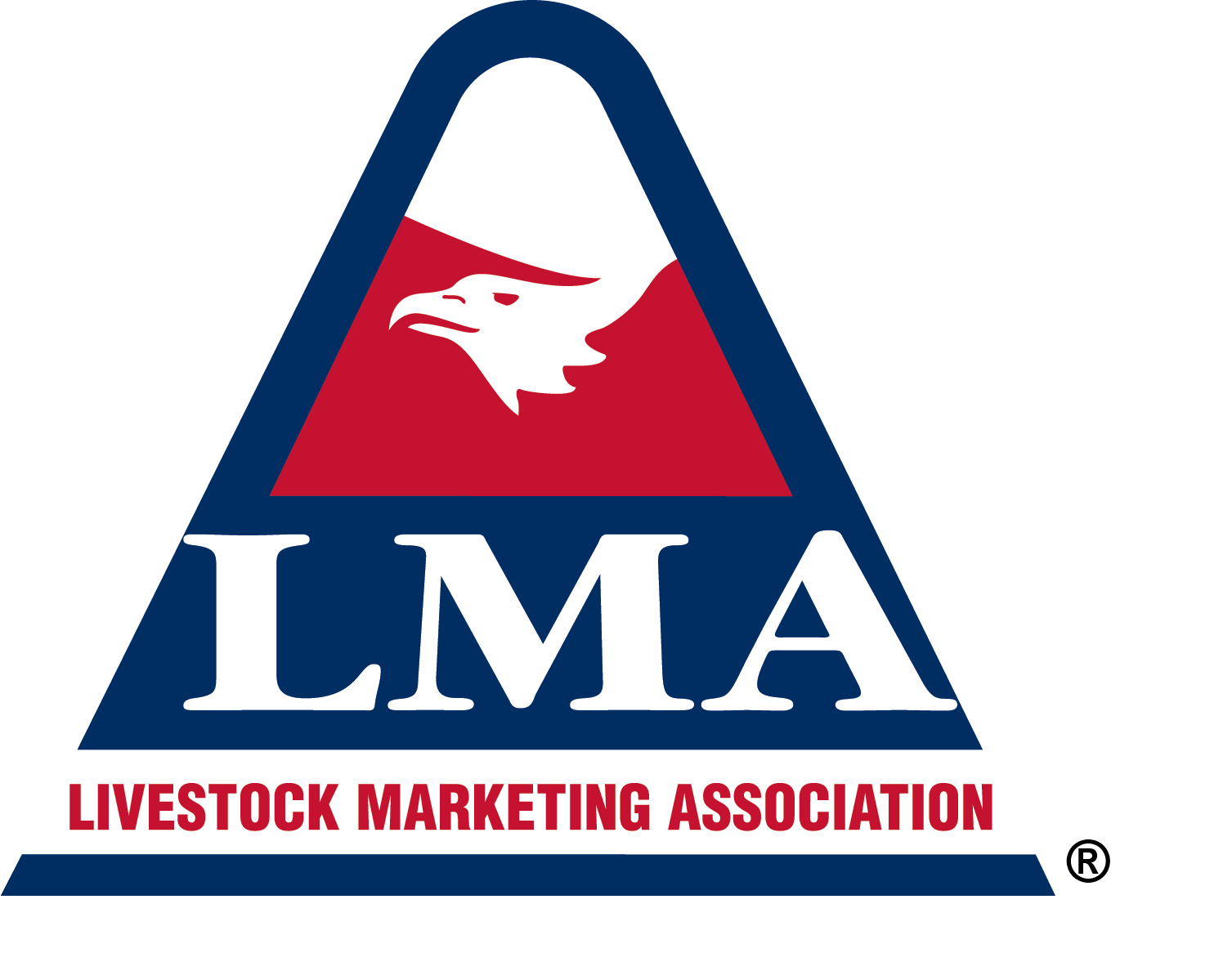PRESS RELEASE
USDA Report Affirms Feasibility of Dealer Statutory Trust
December 24, 2019
FOR IMMEDIATE RELEASE Contact: Chelsea Good Vice President of Government and Industry Affairs cgood@lmaweb.com (816) 891-0502
USDA Report Affirms Feasibility of Dealer Statutory Trust
Creating a Dealer Statutory Trust would improve the recovery of livestock sellers when a dealer defaults on payment while also allowing commerce to continue as usual, according to a U.S. Department of Agriculture (USDA) report released December 20.
A Dealer Statutory Trust would give unpaid sellers of livestock the legal right to reclaim livestock or, if they have been resold, proceeds from livestock in the unfortunate event of a livestock dealer payment default.
In the 2018 Farm Bill, Congress instructed USDA to examine the feasibility of establishing a livestock Dealer Statutory Trust and provide a report within one year. Based on its analysis of industry data, public input, and experience with the livestock industry, USDA finds that it would be feasible to implement a livestock Dealer Statutory Trust.
The report finds existing statutory trusts in other segments of agriculture (sales of livestock to packers as well as poultry, fruit, and vegetables sales) are effective in improving financial recoveries and similar results could be expected under a livestock dealer statutory trust.
The report also confirms that a under a Dealer Statutory Trust, livestock purchase payments made to sellers within 90 days before a dealer files bankruptcy would not be considered preferential transfers and could not be reclaimed from sellers.
According to USDA, implementation of a livestock Dealer Statutory Trust would be unlikely to significantly impact credit availability or lender behavior. In general, commerce would continue as usual, except livestock sellers would enjoy a greater chance of financial recovery in the case of a dealer default.
USDA’s summary of findings is copied below.
LMA supports the creation of a Dealer Statutory Trust and will utilize the USDA report when encouraging Congress to make Dealer Statutory Trust law in 2020.
For more information about Dealer Trust, contact Livestock Marketing Association Vice President of Government and Industry Affairs Chelsea Good at cgood@lmaweb.com or 816-305-9540.
USDA Study to Determine the Feasibility of Establishing a Livestock Dealer Statutory Trust
Summary of Findings
Based on its analysis of industry data, public input, and experience with the livestock industry, PSD finds that it would be feasible to implement a livestock dealer statutory trust. A statutory trust covering dealers ‘ livestock purchases could be established in much the same manner as the statutory trusts covering meat packers, live poultry dealers, and produce buyers. The following respond to Congress’s request for specific information.
- Livestock dealers may perform multiple commercial functions. Depending on their various roles, dealers might not carry their own bonds, might not take possession of livestock they purchase, and might not maintain adequate assets to cover defaults, thus jeopardizing the financial welfare of sellers with whom they do business. A dealer statutory trust could improve sellers’ chances of obtaining full recoveries if it took into account each of the unique circumstances under which livestock dealers operate and the value of the livestock sales they manage
- Statutory trusts in other segments of agriculture are effective in improving financial recoveries for unpaid sellers of agricultural products. Similar results could be expected under a livestock dealer statutory trust. Authorizing the Secretary to appoint an independent trustee could improve the trust claim and payout process, but payment of trustee fees may reduce funds available for recoveries to livestock sellers.
- Establishment of a livestock dealer statutory trust could improve livestock seller recovery in the event of a dealer default. Total recoveries under a statutory trust would likely be higher than what is achievable with only bond payouts. In cases of bankruptcy, livestock sellers would realize improved recovery compared to their potential recovery as unsecured creditors.
- Under bankruptcy law, a livestock seller may offer valid legal defenses against trustee claims of preferential transfer. However, mounting those defenses can be costly to sellers and offset the potential benefits of preserving livestock payment funds. A livestock dealer statutory trust could improve conditions for livestock sellers as to preferential transfers in bankruptcy. Under a trust, livestock purchase payments made to sellers within 90 days before a dealer files bankruptcy would not be considered preferential transfers and could not be reclaimed from sellers.
- A de minimis annual purchase threshold of $500,000 exempting smaller dealers from a statutory trust could exclude a significant percentage of dealers, offering better protection only to those sellers who do business with larger livestock dealers.
- Establishment of a livestock dealer statutory trust would likely have little effect on buyer and seller behavior in livestock markets. In general, commerce would continue as usual. Livestock sellers would enjoy a greater chance of financial recovery in the case of a dealer default.
- Implementation of a livestock dealer statutory trust would be unlikely to significantly impact credit availability or lender behavior.
- Industry-wide adoption of EFT payments for livestock purchases would significantly change the way the industry functions. To date, relatively few entities – predominantly the larger ones – have adopted that payment method. Making EFT payments mandatory under the Act is generally opposed by the industry. If adopted industry-wide, EFT payments would likely improve on-time payments and diminish the incidence of dishonored checks due to non-sufficient funds. However, an EFT payment requirement provides a seller little payment protection if the dealer takes possession of the livestock, but does not have sufficient funds to cover the purchase price.

About the Livestock Marketing Association
The Livestock Marketing Association (LMA), headquartered in Overland Park, Kan., is North America’s leading, national trade association dedicated to serving its members in the open and competitive auction method of marketing livestock. Founded in 1947, LMA has more than 800 member businesses across the U.S. and Canada and remains invested in both the livestock and livestock marketing industries through member support, education programs, policy representation and communication efforts.
